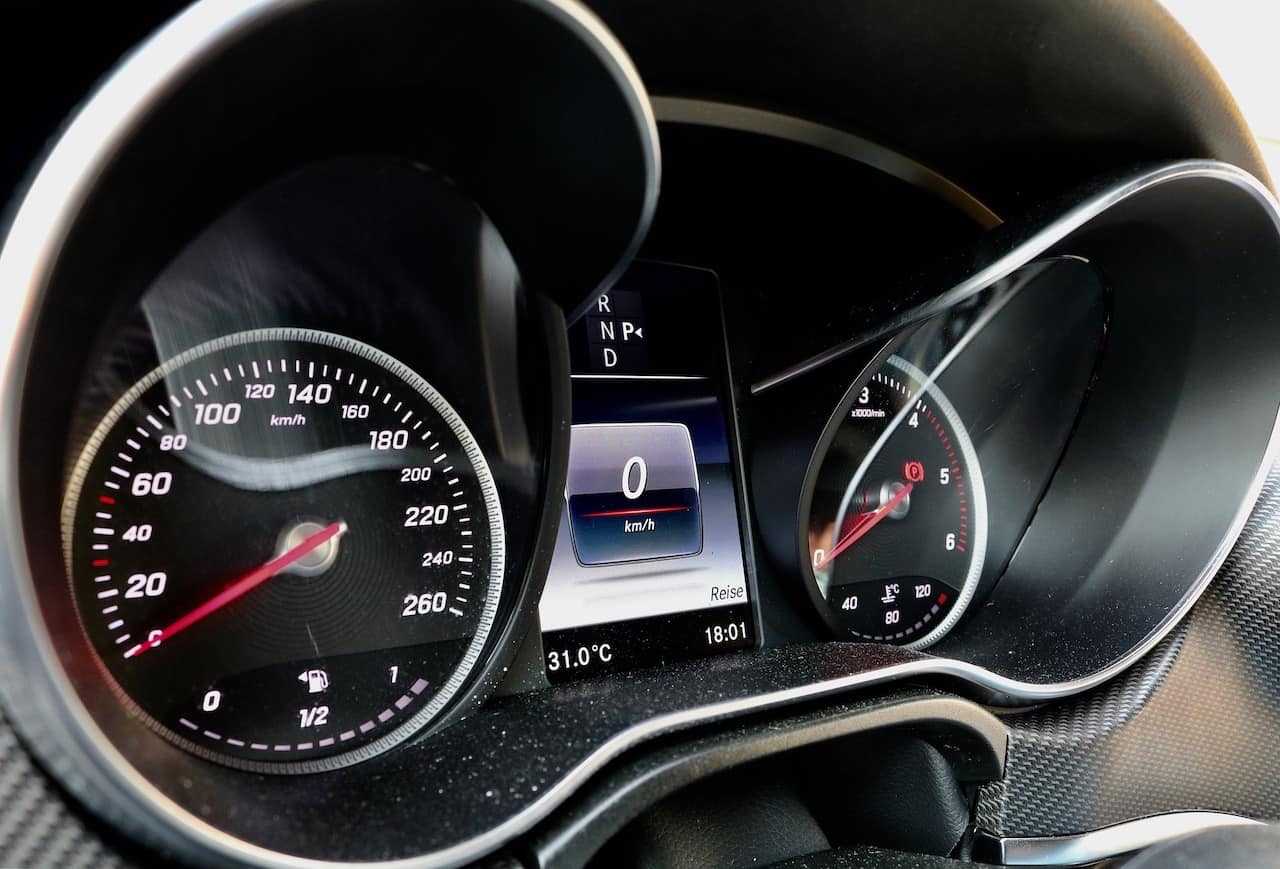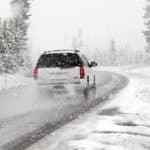Fuel prices will always be a concern. Even with all innovations regarding fuel economy, you will always dislike the moment of paying the bill at the gas station. So, we need tips and advice on optimizing our car mileage.
Which bring us to the main topic of this article, how to optimize your car mileage. Ready for saving money with these tips?
1. Control yourself
The first piece advice that you should optimize in the car is the one that is behind the wheel: you. You are the only responsible for vehicle acceleration and deacceleration. The car computer only follows your orders. The automakers have spent billions of dollars developing smart computers that “learn” your driving habits. If you are wondering how that can possibly affect the fuel economy the short answer is a lot.
- If you love pushing the accelerator pedal more than necessary and then brake at the last moment possible the car’s computer will learn your driving style and will do everything at hand to optimize engine’s power and responsiveness. Unfortunately, that’s just the opposite of maximizing your gas mileage.
- On the other hand, if you drive at normal speed trying to accelerate only when you need it, then the computer will assume that you want economy and will do its best to enhance fuel efficiency.
Driving habits can change of course. The computer is always trying to be as proactive as possible. If you normally drive (trying to optimize your car mileage) but need maximum power while changing lanes, then the computer will switch to power mode. If after that you continue your normal driving style, cruise speed, few accelerations, the computer will understand that you want fuel economy.
2. Share responsibilities
Do you have children? What about taking turns to drive them to school? The best way to optimize your car mileage is not using it. Sharing responsibilities with your neighborhood is an excellent way to achieve that goal. The same principle applies to many other activities.
3. Use the right octane
A fact few people know is that using the right fuel can optimize your car mileage. If your owner’s manual recommends using 89 octane rating and you rather use 87 octanes (for saving a few dollars) you will decrease the engine efficiency and thus will end up wasting money. Always use to the adequate octane rating, you will notice the difference.
4. Use the right engine oil
In a similar fashion than the fuel octane rating, using the appropriate engine oil can optimize your car mileage. Always refer to your owner’s manual and use the recommended oil type (mineral, blended, or fully synthetic) as well as the recommended viscosity (5W-30, 10W-40, 15W-40, etc.). Using the incorrect oil type or a different viscosity could affect the engine performance and hence the fuel efficiency.
That said, there are engine oils designed to improve the fuel economy. These products do what they promise, they work. Just keep in mind that viscosity and oil type is one thing and the additives are other. For example, if your owner’s manual says that your car should use 5W-30 synthetic engine oil, then you have the option to use a “normal” 5W-30 synthetic, or you can opt for using an “efficiency-enhanced” 5W-30 synthetic. The difference between them is their formulation, and the additives included.
5. Perform routine maintenance
As time passes, some engine components need replacement and other routine maintenance. A key to optimize your car mileage is complying with the scheduled maintenance.
Depending on your vehicle manufacturer, model, and year you may expect these services every 25,000 miles, however, it’s not unusual for newer vehicles having longer service intervals up to 100,000 miles.
Some components affecting fuel economy that need regular replacement are:
- Air filter
- Engine oil filter
- Engine oil
- Fuel filter
- Spark plugs
- Spark plugs wires
As part of the routine service your vehicle needs regular maintenance of the following components:
- Fuel injectors
- Tires rotation
- MAF sensor
Remember a healthy vehicle will save you money in the long run, not only from a fuel perspective but in general.
6. Watch out aerodynamics
While driving, especially on the highway, aerodynamics play an important role in optimizing your can mileage. If you have a convertible and really want to save fuel then use the roof while driving on the highway. If you own a non-convertible, then keep windows up. Roof racks, bike racks, and other roof storage accessories also affect the vehicle’s aerodynamic coefficient and thus increase fuel consumption.
7. Idling is your enemy
You have to know by now that waiting inside the car while is idling is not the best way to save fuel. One of the most inefficient conditions of the engine is idle. You are burning fuel but not moving. The rule of thumb says that if you anticipate more than 2 minutes of waiting, then it’s better to turn off the engine.
8. Air conditioning and fuel economy
Each time you turn on the air conditioning its compressor starts and your engine loses around 5%-10% power (depending on the engine type). That power is used to run the compressor and other A/C components, which inevitably will affect fuel efficiency. Using the A/C during summer is normal, but keep in mind that it’s not always strictly necessary. If you are going out with the intention of buying groceries and you know it will only take 5-10 minutes to get there then you should consider skipping the A/C.
9. Plan ahead of time
If you are planning a trip try spending some time looking for the best route possible. Avoid populated areas whenever possible because urban traffic will increase fuel consumption. Prefer highways and roads that let you use the cruise control and thus optimize your car mileage.
10. Use the appropriate tires
The tires are many times overlooked as a key component in optimizing your car mileage. The tread design has a significant influence on fuel consumption. Let’s imagine for a moment that you own a 4×4 Light Truck, and you use it in the city. If you install “mud terrain” tires your fuel economy will suffer because the thread is far from optimal for hard roads usage.
Another factor that is directly related to fuel consumption is the tires air pressure. If you use a lower pressure the drag and increased friction will also affect the car mileage.
11. Putting everything together
Enhancing your car mileage depends on several factors as:
● Driving Style and Habits.
● An Optimal Vehicle Condition.
● Using the right fuel type and engine oil.
All-in-all the most important element has the right mindset. Optimizing fuel mileage and thus enhancing fuel economy involves the personal compromise of honoring all those factors.



